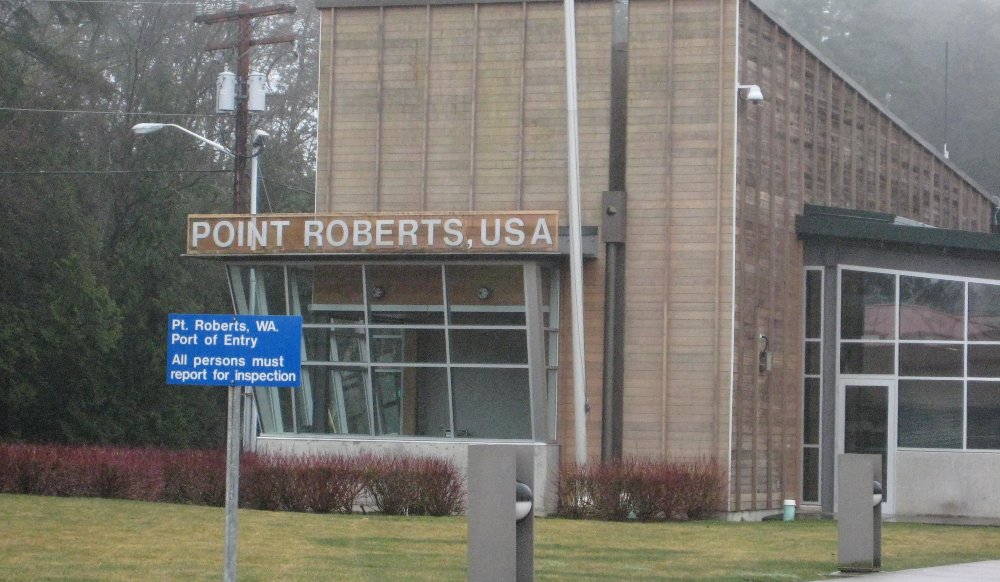Puget Sound has long celebrated its Scandinavian roots. Specific communities – mainly Poulsbo, Point Roberts, and stretches north of Everett – have kept the connection with Northern Europe and the Nordic lands. Holidays, music, restaurants, clubs, and museums with Nordic themes are evident among our fjords, mountains, and harbors. Specifically, those “old countries” are Denmark, Finland, Norway, Sweden, and Iceland.
Nordic immigration to North America, mostly between 1840 and 1920, was caused by harsh economic times. Many Pacific Northerners had a stop along the way – sometimes for a generation or two. Farming the fertile American Midwest first attracted settlers with agricultural backgrounds. However, living in sod houses and coaxing a thin existence from dusty or frozen land sometimes made attractive new opportunities farther west. Such dreams were often described by real estate speculators, church ministers, early family adventurers, and tall tales from travelers on the Oregon Trail.
The Icelandic chapter in this story of immigration is unique. Famine in the 1870s caused many Icelanders and other latter-day Vikings to sail westward to their most direct landfall, Eastern Canada. A number of them became established on the prairies and in the small towns of Manitoba. In the 1880s several adventuresome families ended up in Vancouver, B.C.
Because of the high unemployment and an epidemic of infant cholera, many of those families moved to Point Roberts, Washington. Two-and-half square mile Point Roberts, named by English Captain George Vancouver for his predecessor, although isolated from the continental U.S. and adjoining Canada, is American soil. Salmon canneries opened at Point Roberts in 1890s, and a paddlewheel steamer from Seattle made regular stops.
Icelanders farmed, grew vegetable gardens, and did commercial fishing from their Point Roberts homes. One settler, Helgi Thorsteinson, wrote to his Iceland relatives in 1895 that his garden was exceptionally productive: “sixty pounds of beans, fifty pounds of onions, some corn and other small vegetables, nine sacks of potatoes and four sacks of rutabagas. He described his 30 chickens, seven pigs, a steer, two cows, and two calves and noted: “I would feel terrible if we had to leave this place. I feel so well here, better than anywhere since I came to America. We look forward to a good future here. Our children are healthy and I have never been homesick since I left Victoria.”
Although the veggies kept growing, Icelander Helgi Thorsteinson’s grandchildren, like many of his neighbors, found jobs in Puget Sound country centered on the once-prosperous salmon industry. A number of today’s Seattle-area Icelanders are descendants of the Manitoba-Victoria-Point Robert migration.
Discover more from Post Alley
Subscribe to get the latest posts sent to your email.
